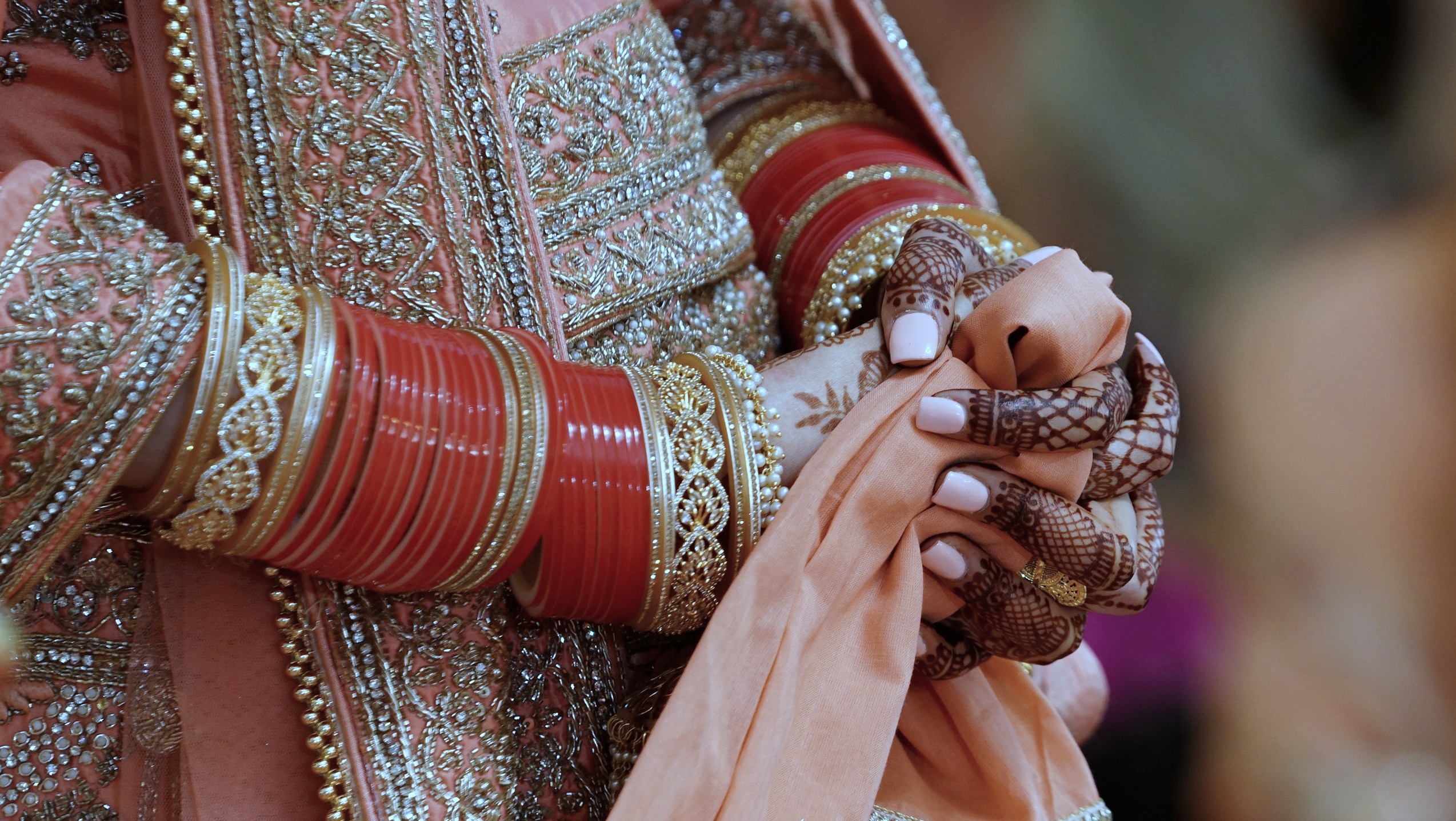
Hindu Marriage Act
02-Sep-2021 | Article by Legal White Official
India is a country which has over 80 percent Hindus living in it. Though there are people of other communities, however, Hindus make up the vast majority. Hindu Marriage Act, 1955 is one law which governs the marriage between Hindus. This law regulates the institution of marriage for Hindus in India. The law provides rights to both husband and wife and ensures that their family is secure.
Though the Hindu Marriage Act is specifically for Hindus, however it also encompasses other religions such as Sikhs, Jains and Buddhists. The is because of the fact that these religions are an offshoot of Hinduism as per the Article 44 of the Constitution of India. Apart from this, it can also be applied to any citizen of India except Muslims, Parsi and Jew. According to the Act, the term “Hindu” is a person who is not a Muslim, Parsi, Christian or a Jew.
Hindu Marriage Act, 1955 has enlisted the conditions which makes the marriage under this act legitimate. Let us look at some of them.
- At the time of the marriage the boy should be at least 21 years of age and the girls should be at least 18 years of age. If either of the two is below their respective age, the marriage cannot be solemnized.
- Both the parties have consented to marry without being under anyone else’s influence or pressure.
- Both the parties should be a Hindu by religion. If either of partners are found to be non-Hindu, the marriage will not be valid. It will be considered void as per the law.
- According to this act, polygamy is not allowed for a Hindu man. It is prohibited for a Hindu man to marry while being already married. The marriage can only be registered if either of the party is not married at the time of marriage.
- The parties getting married should not be related in any way such as blood relatives etc. As per the law, both of them should not be in the bounds of any prohibited relations.
According to the Hindu Marriage Act, 1955, the marriages registered under it, can also be annulled or dissolved if it found later that either of the partners are impotent or is unfit for procreation. The law also states that, the marriage can be dissolved, if it is found that, the consent of either of the partner was not properly taken before the marriage.
Divorce is something which has lasting impact on the partners who go through it, however it is also as important as the marriage itself. According to the section 13B of the Hindu marriage act, either of the spouse can file for divorce through mutual consent, which means both of them mutually agree to get separated. It must be noted that this is the simplest form of divorce.
There are a number of sections under Hindu Marriage Act, 1955 such as section 13B which deals with divorce through mutual consent, section 7 which talks about solemnization of marriage, section 9 which encompasses the conjugal rights of either of the spouse etc. One must understand that, according to this Act, a Hindu is not permitted to marry a non-Hindu whether the marriage has been solemnized according to the Hindu rituals or not. As per the law, they are not married and the marriage cannot be registered under Hindu Marriage Act, 1955 and they will not be entitled for any benefit which comes through this act.
As we have already discussed a type of divorce in this article before, let us now look at some of the grounds for divorce under this Act.
- Divorce petition can be filed if the petitioner has been abused physically or mentally. It is considered as Cruelty as per the law
- If either of the spouse has not been seen alive for 7 years, divorce may be granted
- If either of the partner have been involved in adultery.
- According to the law, if the partner converts to another religion, the divorce may be granted.
- In case one of the partners have deserted for a period of two years.
